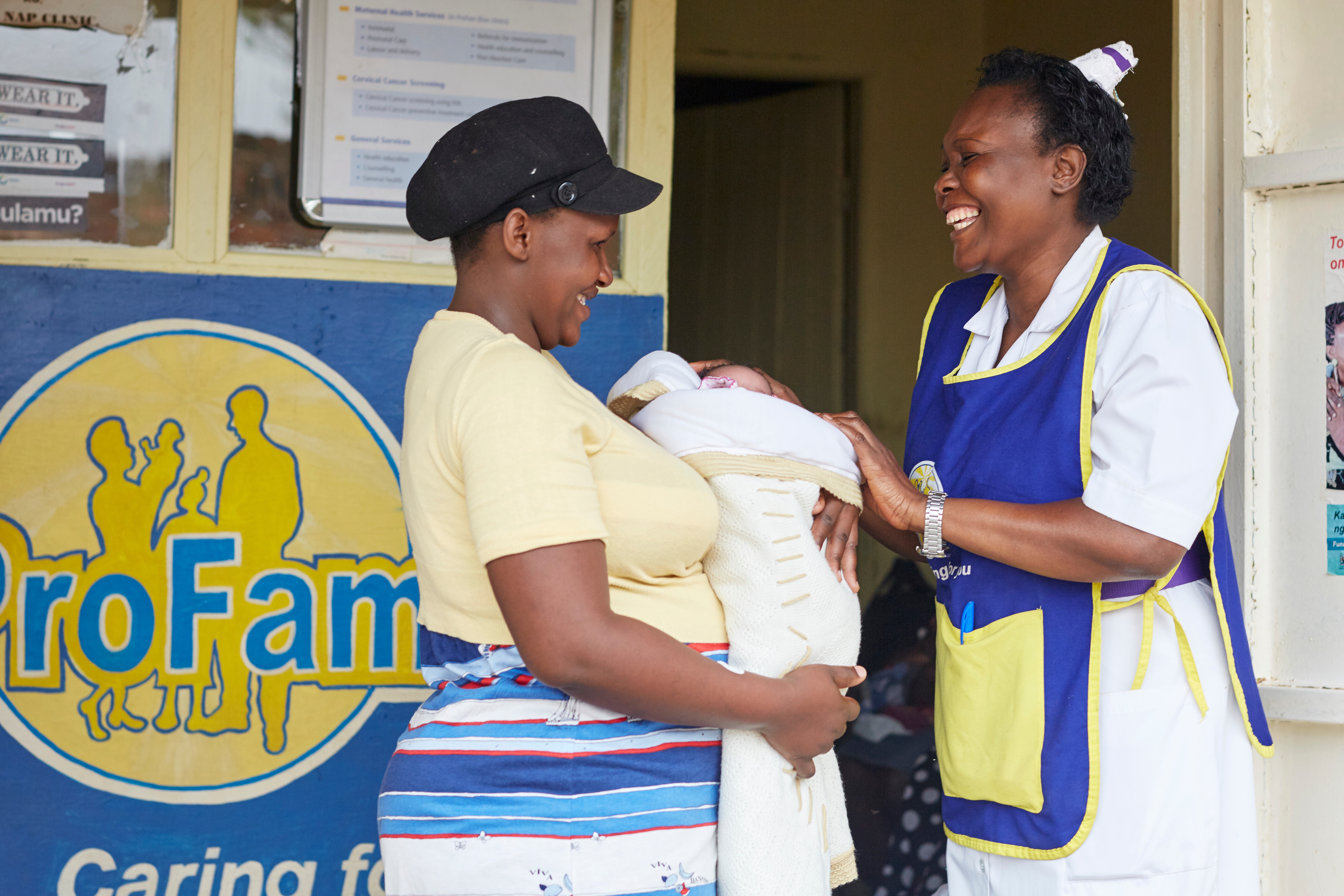The following is excerpted from Issue 17 of The Corporate Citizen. To learn more about how you can create programs that prioritize the corporate citizenship issues that are most important to your stakeholders and business context—and make the best use of your resources—consider joining online from October 2-November 22, 2017 for our Materiality: How to Determine what Matters to Corporate Citizenship Strategy and Reporting course.
Around the world, leaders are coming together to address social and environmental issues, and the role for business has never been greater.
In 2015, corporate citizenship took unprecedented steps forward. Multiple stakeholders—including business leaders—worked to develop multilateral agreements to combat climate change and ensure sustainable progress. The Paris Agreement and the United Nations Sustainable Development Goals (SDGs) represent years of work and hope. With 17 new objectives and 169 specific targets that address issues ranging from education and inequality to economic growth and the environment, the SDGs are encompassing.
Having launched Merck for Mothers, the company’s initiative to reduce preventable maternal mortality, during the September 2011 U.N. General Assembly, global health care company Merck (known as MSD outside of the U.S. and Canada) is contributing to SDG target 3.1—reducing the global mortality ratio to less than 70 per 100,000 live births.
Merck for Mothers is Merck’s 10-year, $500 million initiative that applies the company’s scientific and business expertise to reduce preventable maternal mortality worldwide by catalyzing transformative solutions. Merck for Mothers applies private sector approaches to improve access to quality maternal health care that women receive in health facilities at the time of childbirth and improve access to quality modern contraceptives.
“We chose maternal mortality because, quite frankly, it’s unacceptable that in this day and age, nearly 800 women die each day of something that is largely preventable,” said Dr. Priya Agrawal, executive director of Merck for Mothers. “We also believe this kind of commitment is not a charity or gift, it’s an investment. And there’s nothing better to invest in than women.”
Merck for Mothers is investing in two main areas it believes will have the greatest impact on ending preventable maternal deaths—improving the quality of care women receive in health facilities at the time of childbirth and improving access to high-quality modern contraceptives. The initiative is focused on enabling health providers, developing and delivering lifesaving products, and empowering women to make informed choices about the care they receive. These efforts can be seen in countries such as India, where the Merck for Mothers initiative has been instrumental in training nearly 6,000 health workers and helping more than 340,000 women achieve access to care.
Like many of the issues the SDGs are working to address, maternal mortality is a complex issue with a wide range of causes and implications. To address it at both the global and local levels, strategic partnerships are essential.
“There’s really no one sector that, in itself, can take care of this problem. Neither governments nor the public sector, nor the private sector individually can take care of this,” said Merck for Mothers Lead, Dr. Naveen Rao.
However, Merck’s initiative illustrates how a private corporation can channel its own expertise and resources into a program that can be adapted to work in countries across the globe while taking the unique geopolitical and cultural contexts of each country into consideration. By partnering with local agencies and organizations, Merck for Mothers has begun to address and reduce preventable maternal mortality by supporting more than 50 unique projects in more than 30 countries across the globe. Since the initiative began, this global approach has helped Merck for Mothers provide nearly 6 million women with improved access to affordable, quality maternal health care and modern contraceptives.
Such success is not without its obstacles. The program must constantly navigate complex health care systems in countries such as India, Uganda, and Kenya, where local private providers are a significant source of health services for expectant mothers. The diversity of care offered by these private providers can make standardization difficult. This challenge is compounded by limited infrastructure and medical education in rural areas. Merck has been using common commercial sector skills, like market segmentation, to profile the providers and their needs.
“Time is money for private providers,” said Dr. Agrawal. “They have limited availability to take on complex quality assurance and quality improvement efforts. To encourage them to deliver high-quality services, we are developing more efficient and tailored strategies for training, meeting standards, and measuring performance. Critically important for sustainability, we are working with the professional associations that these providers are members of.”
Despite challenges, Merck remains highly committed to deepening the impact of Merck for Mothers, contributing to the foundational purpose of the SDGs: ensuring healthy lives and promoting well-being for all people, at all ages.
“We can’t save mothers by ourselves. We need the resources and creative energies of many companies throughout the private sector to make this vision a reality,” said Merck’s retired Chief Medical Officer, Dr. Michael Rosenblatt. “What more fulfilling return on innovation is there than saving the lives of mothers and launching new human lives at the same time?”
Merck for Mothers is one way Merck demonstrates its commitment to corporate responsibility. The company’s approach to corporate responsibility is a global, company-wide focus on the four key priorities of access to health, environmental sustainability, employee health and well-being, and ethics and transparency. Taken together, this focus helps Merck advance its social and corporate objectives in a sustainable way, while also advancing the complementary objectives embodied in the SDGs.
According to Brenda Colatrella, executive director of Merck’s Office of Corporate Responsibility, “A focus on the SDGs is good for global development and is aligned with our evolving vision to develop and employ innovative, sustainable models and partnerships that create social and corporate value.”